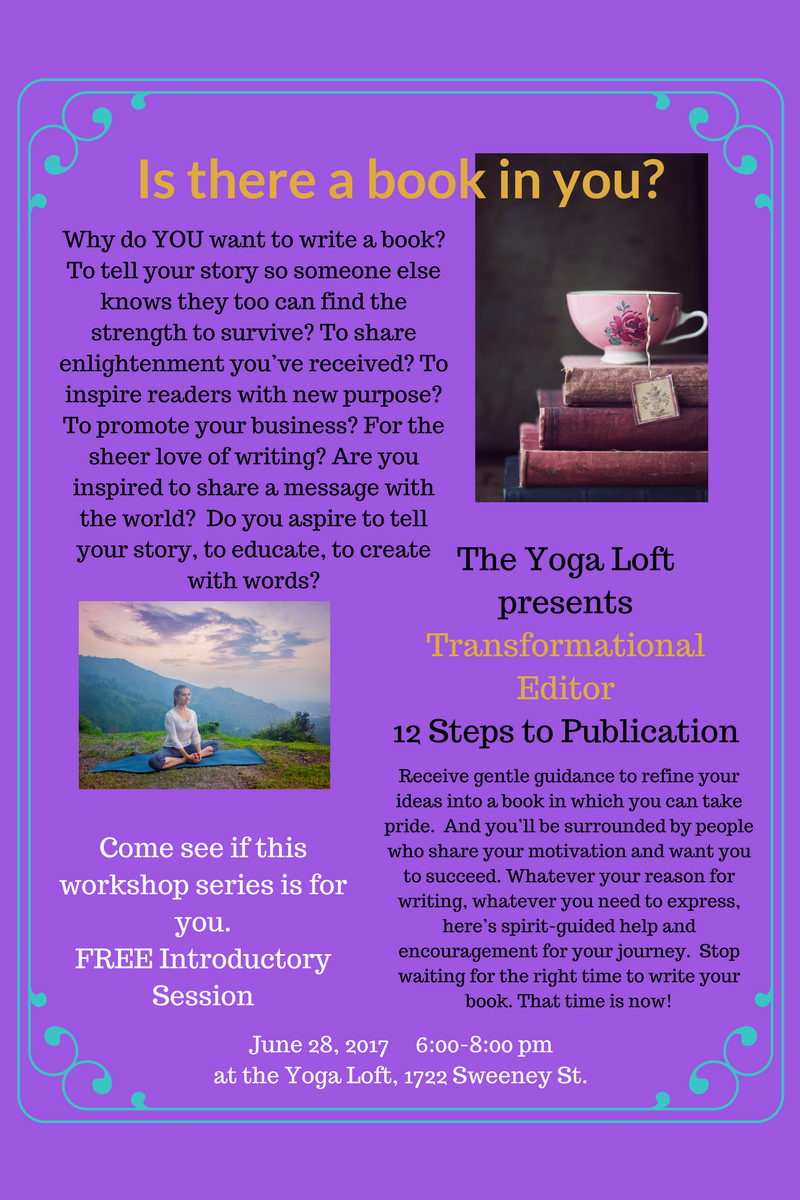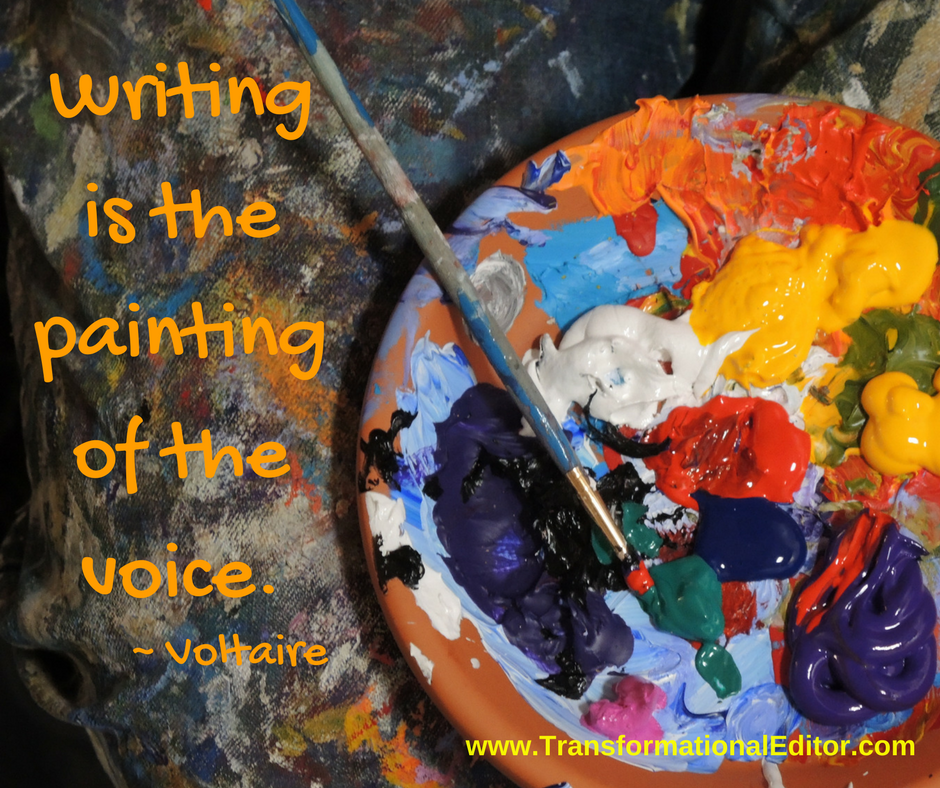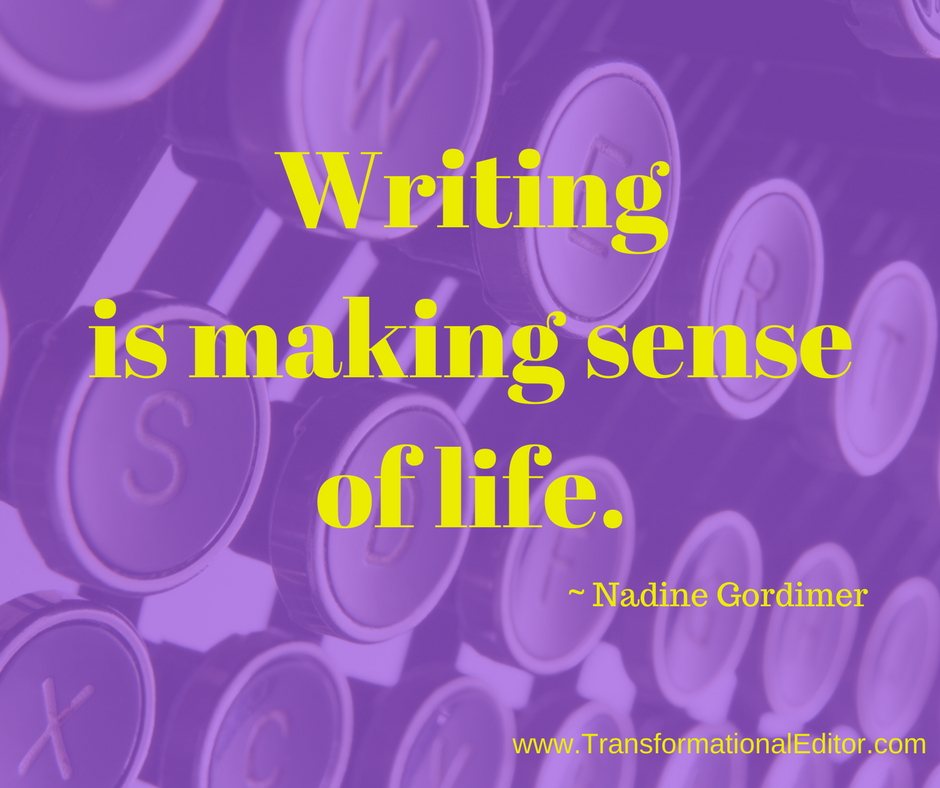You’ve heard me talk about my 12 Steps to Publication workshop series. What I haven’t talked about is that I keep track of the writers who attend, and become friends with many of them. When I see their books launch, I just want to do a happy dance for them. I’m as excited and proud as they are. It makes my heart sing to be able to support and honor them for their effort.
I asked one of those writers to share some thoughts about his writing process. What I wondered, inspires a retired, but still working full-time, man to sit down and write? With everything going on in his life, where does he find the time and energy? And from where, I wanted to know, did the ideas and plots for his stories come?
Jim Billman not only showed up (or was represented by his note-taking wife) at every session, but he went home and employed what he learned. His wife Karen consulted me for help creating his website, something he didn’t have when he launched his previous books. Jim continues to implement what he’s learned, one step at a time.
He’s a quiet, serious, and private man, but eager to learn, grow, and share what he’s discovered about life. That probably comes from his many years in education. Jim is instrumental in the on-going life of the local group of writers who meet each month at the library. He spends time welcoming and encouraging every writer who drops by or decides to join the group. And he knows that finishing a manuscript is the first step to success. After all, no one’s going to be reading a book that’s never completed. Enjoy this visit with my friend and fellow writer, Jim Billman.
Jim, your book, Dead Man in a Lincoln, is both introspective and universal. Would you share what sparked this idea that became your novel?
Not knowing at the time whether I would continue to write or not, I had a lot that I wanted to say: as a legacy, historically about my home [state], and critically explain my belief in God. It may have been too much as some of my beta readers have questioned where I was taking the story in the early chapters.
I know you published a non-fiction book in 2009, and have at least two more in work right now. Those manuscripts are entirely different from Dead Man. Where do you get ideas and concepts for new books? (While working, showering, from news reports, etc.?)
Ideas come from entwining a story around my personal convictions. My next book is a coming-of-age story of a high-school student who moves from a small town to a large city. I have the framework for a loose biography of my Mom and Dad, and I have drafted several chapters of my life growing up in the 50’s. I pretty much know what I want to write once I start.
When you sit down to write, are there any rituals you observe to get into your creative mode? Can you write anytime, anywhere?
I “guilt” myself into it [when I’m] no longer able to stand it after so much time without writing. I can think anywhere but have found that I can write only on my computer at home. Sometimes I take notes on things I want to include in a story.
Do you tend to write in a particular genre? If so, what draws you to that?
I write historical fiction because it allows me to blend imagination with reality. As slowly as my writing progresses, I can’t write about the present, so I pitch my stories from the past.
Are you an avid reader? What are the last two books you read and why did you choose them?
Maybe not avid in the true sense of the word, but I read quite a bit. I formerly told my students that a person should read a novel, a spiritual (or self-improvement) book, and a non-fiction book such as a biography on an ongoing basis. The intent is to keep oneself simultaneously focused and open-minded.
I purchased All the Light We Cannot See by Anthony Doerr because it was a Pulitzer Prize winner. The second book was Killing Patton which was a gift from [my wife] Karen.
In which genres do you prefer to read?
Historical fiction, obviously. I read first-time authors to keep my personal fire burning, and mysteries are hard to avoid with their market glut.
How long have you been writing and why did you get started?
There’s always been the need to write well in my mind. In college, a well-written answer to an essay question helped distract from my lack of subject knowledge. As a teacher, I took pride in writing exams [for my classes], particularly story problems. I wrote a weekly column for several years for our local newspaper, a college study guide, and technical writing for the Cargill Company. I published an anthology of my Headwinds columns in 1995.
Which resources have been the most useful to your writing progress?
I rely heavily on Google and Wikipedia, marveling at all that is available from electronic sources compared to yesteryear. There’s always a dictionary, and English sourcebooks at hand, too.
What do you find the hardest part about writing and publishing a book?
Finding time to be creative when I do write versus just writing “filler” stuff probably is the reason I reread and edit as much as I do. Publishing is the nightmare for me; if not for the diligence and time Karen puts into the effort, I wouldn’t write.
What is the easiest part about writing and publishing a book?
I don’t think there is such an animal. Yin and yang are constant struggles. For example, pride of accomplishment might sound noble, but being egotistical isn’t, and pride is a deadly sin.
Why did you choose to self-publish?
As I learn more and more in talking to others, finding an agent to represent obscure writers like me is an exercise in futility. Self-publishing is the present wave and the most sensible route available but can be a money pit.
What kind of support system do you have in place for your writing career?
You know how valuable Karen has been to me. [She’s his first reader, typist, note-taker, website creator, and main cheerleader.] You have been a blessing from the first time I met you at [the local writing group] Owensboro Writers Group with your wealth of knowledge and your willingness to share.
Thank you, Jim. I’m of the mindset that if I know something you don’t, and it’s something you need to be successful, I want to tell you about it. And the knowledge comes from researching, trying and failing, and doing the work year after year. You bring your own brand of knowledge to the group, which leads to the next question.
What inspires you to get up each day and keep writing?
I think that the uniqueness and experiences of each of us are worth sharing. Our travails and triumphs as well as our accumulated knowledge is of interest and can be beneficial in some manner that helps us explain and understand who, what, and why we exist. Sounds grand, but that’s my belief. Some people play golf or fish with their leisure time; I write.
What discourages you from writing and how do you overcome it?
The question of what do I do this for? Why do I beat myself up mentally? What am I trying to prove? What latent failure of my youth am I trying to atone for? (ha.)
I know you write diligently and have a full-time job as well. What do you like to do when you’re not writing?
I prioritize and do not see myself as a diligent writer because I “back-burner” writing too often. There are household chores, daily life events, and I’m trying to build an addition to our house that currently takes almost every waking moment. And if I’m not working on these, I’m too tired to focus on creating something meaningful (to my mind). It’s a struggle—a real struggle lately.
What do you think makes you unique as a writer?
Nothing really more or less than the gift of humanity that makes each of us unique individuals—our intelligence, our compassion, and our understanding.
How can we find you online?
Website: http://www.jimbillmanauthor.com
Facebook: https://www.facebook.com/deadmaninalincoln/
Is there anything you’d like us to know that I haven’t asked?
One way or the other, I always get around to mentioning stewardship as our responsibility to Mother Earth and to each other as fellow humans. To paraphrase Grantland Rice: When the One Great Writer comes to write against your name, it’s not whether you won or lost, but how you played the game.
And as always, a big shout-out to you, Suzanne, for all that you do.
I appreciate that, Jim. It’s such a pleasure to work with writers on their way to success. Especially those excited and eager to learn more about their craft every day. Thank you for your time and for sharing about your writing journey, Jim! You can find Jim’s book, Dead Man in a Lincoln at Amazon.


 I picture each day as a vast space filled with boxes of all sizes and shapes. Some are wrapped in beautiful paper and adorned with flowing bows of ribbon. Others sport brown wrapping paper and countless, messy pieces of tape.
I picture each day as a vast space filled with boxes of all sizes and shapes. Some are wrapped in beautiful paper and adorned with flowing bows of ribbon. Others sport brown wrapping paper and countless, messy pieces of tape.






